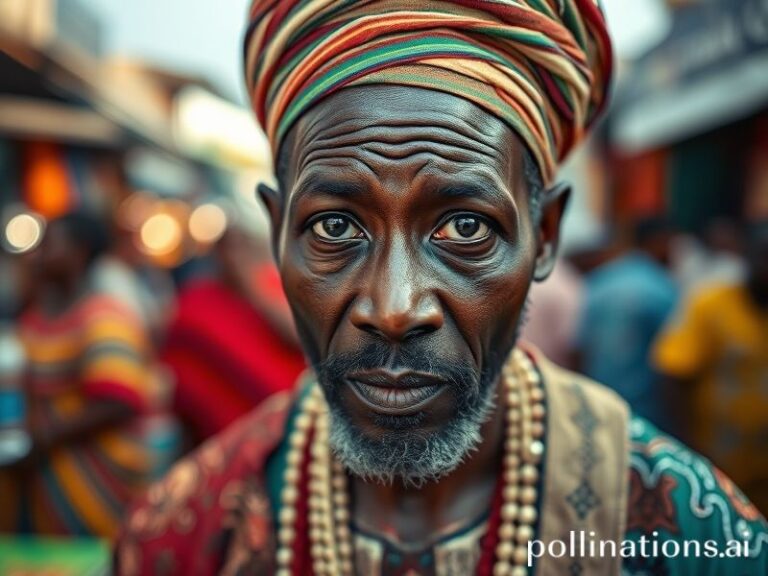today wordle answer
PARIS—Across every time zone, from the frost-laced windows of Helsinki to the sweat-slicked balconies of Bangkok, the same five green and gray squares lit up at the stroke of midnight. The word was “MANGO.” Not “peace,” not “bread,” not even “taxes”—just an innocuous tropical fruit that now stands as today’s Wordle answer, and therefore, by the absurd calculus of 2024, a unifying global headline. Somewhere, a drone pilot in Nevada took a five-minute break from classified boredom to tap it in; a Nairobi commuter squinted at bad airport Wi-Fi to preserve a 132-day streak; a Moscow data analyst used it as the day’s single permissible dopamine hit before logging back into sanctions spreadsheets. All hail the mango, sweet savior of our collective attention deficit.
The choice of “MANGO” is, of course, hilariously geopolitical. India produces half the planet’s supply and is currently lobbying the WTO to call the fruit “aam,” thank you very much. Latin American exporters mutter about U.S. tariffs every time another green tile flips. Meanwhile, European supermarkets mark up the price 400% and slap on a “carbon neutral” sticker, because nothing offsets jet fuel like creative accounting. And yet none of that stopped the word from trending in 46 languages, proving once again that humanity will overlook colonial supply chains, child labor, and the slow death of the soil as long as we can still brag about solving a free puzzle in three guesses.
In Washington, the State Department has not—yet—issued a statement, but insiders say the morning briefing included a slide titled “Soft Power Implications of Tropical Fruit in Digital Diplomacy.” Down the hall, Pentagon planners are probably war-gaming what happens if China weaponizes lychee tomorrow. Over in Brussels, a hastily convened committee is drafting the Mango Act, a 400-page regulation that will require every fruit to carry a QR code linking to an ethical sourcing manifesto no one will ever scan. The absurdity is not lost on anyone; it’s simply metabolized into policy, like everything else.
Financial markets, ever eager to monetize the inane, reacted within minutes. Shares in a Thai agro-conglomerate spiked 3.7% on the Bangkok exchange, while a flurry of options traded on the Chicago Mercantile Exchange’s newly launched Frozen Mango Concentrate futures. Crypto bros minted 10,000 “MangoDAO” NFTs that promise holders governance over a nonexistent plantation in the metaverse; the collection sold out in 12 seconds, then immediately collapsed 89% when someone noticed the smart contract was copy-pasted from a 2021 raccoon meme. Somewhere, a hedge-fund quant updated the “Wordle-to-ESG” correlation model and quietly wept into his matcha.
But the real casualties are elsewhere. In Manila, a fruit vendor named Lito who has never heard of Wordle sold his last crate of Carabao mangoes at a loss because global demand just shifted to the smaller, cheaper Ataulfo variety favored by algorithmic trend sniffers. In Senegal, farmers watch their orchards wither under a heat dome that the New York Times will call “unprecedented” even though it’s the third one this decade. And still, Twitter—sorry, X—devolves into flame wars about whether “mango” is a colonial imposition or a post-colonial reclamation, as though etymology will hydrate the trees.
So what does it all mean? Simply that we have engineered a planet where a five-letter word can move markets, inflame parliaments, and distract from the slow-motion apocalypse unfolding just outside our air-conditioned bubbles. Tomorrow the tiles will reset, the hive mind will guess “SUSHI” or “CHAOS,” and the cycle will spin again, a little faster, a little hotter, like a roulette wheel made of melting ice. The mango was sweet while it lasted.







